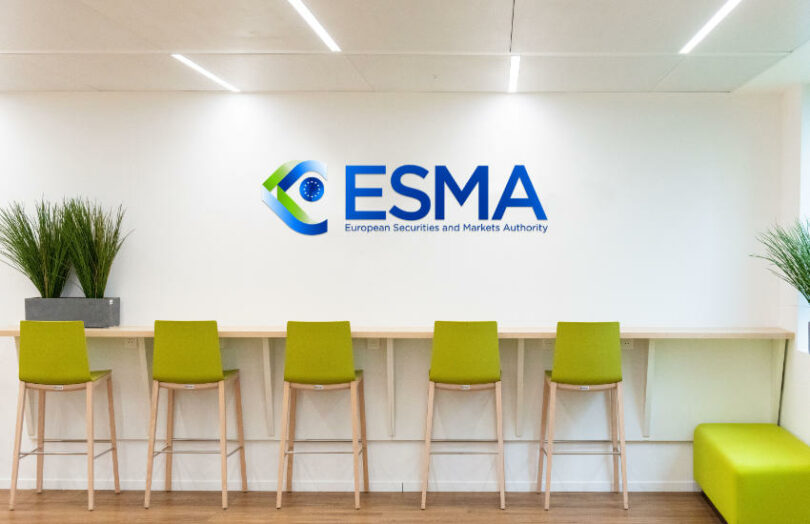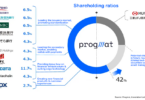The European Securities and Markets Authority (ESMA) has opened a call for evidence regarding eligible assets for UCITS funds. UCITS make up 75% of the collective investments made by European Union retail investors. Given the list of eligible UCITS assets was last reviewed in 2007, ESMA is considering which liquid assets might be appropriate to be included in UCITS for retail investors. Hence, one of the questions is whether crypto-assets should be allowed as eligible investments and indirect exposure via crypto ETFs in particular.
ESMA wants to know which types of crypto could be considered. UCITS requires assets to be liquid, so the fact that Bitcoin and Ether make up almost two thirds of the market capitalization of all crypto is one indicator. Additionally, ESMA wants to know whether the new MiCA crypto regulations impact that assessment.
One issue that ESMA highlights is derivatives and some exchange traded products currently held in UCITS provide indirect exposure to assets that aren’t eligible for direct investment. For example, direct investment in real estate is not sufficiently liquid. However, a fair number of UCITS invest in real estate investment trusts (REITs).
UCITS funds have several eligibility criteria for assets such as liquidity, risk diversification, the impact on whether units or shares can be redeemed, and the ability to calculate net asset values.
Crypto is just one asset class in ESMA’s list of 19 items. For example, the list includes commodities such as precious metals which are not permitted as a direct investment under the current rules, although ‘ancillary liquid assets’ are allowed. Hence, the questionnaire asks about commodity ETFs which underpin several UCITS. Other assets on the list include unlisted equities, real estate, emission allowances and asset backed securities.
The call for evidence closes on August 7.
MiCA progress
Meanwhile, ESMA has legal responsibility for establishing rules and procedures for the MiCA crypto asset regulations. In March it finalized the rules for registering as a crypto asset service provider (CASP) or for incumbents to notify their regulator about planned CASP activities. It recently shared feedback following a consultation on when an asset is considered a security versus a crypto. Plus, there was another consultation on crypto promotions from third country CASPs.






